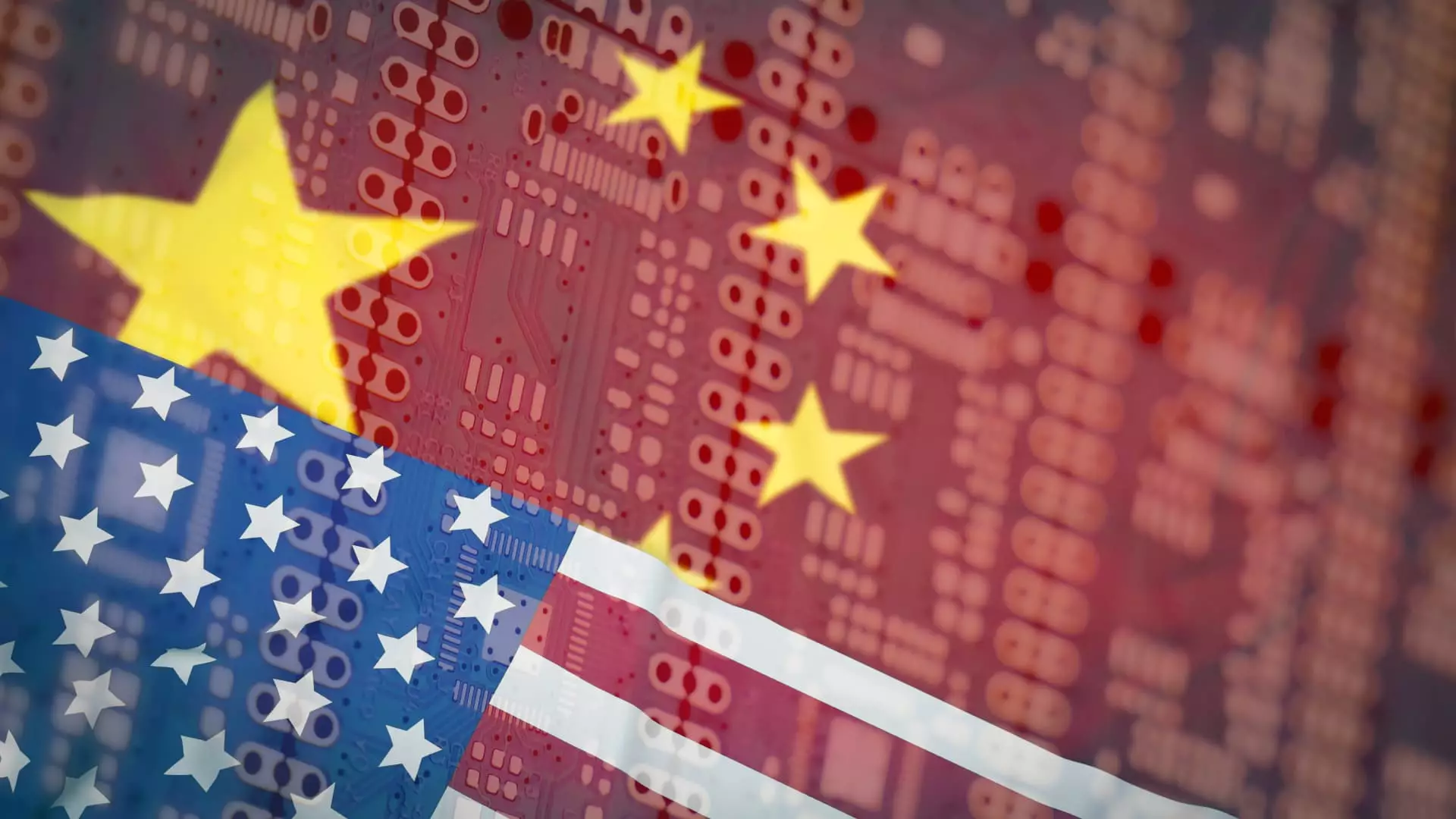The landscape of artificial intelligence is rapidly evolving, with global attention predominantly focused on big U.S. companies leading the way. However, in the past 18 months, China’s tech giants have not stayed behind. Companies like Alibaba, Tencent, and Huawei have entered the generative AI space, looking to capitalize on the growing hype surrounding the technology. This shift in focus brings a new dimension to the ongoing technology battle between China and the U.S.
China’s Ambitions in AI
While China has often been viewed as playing catchup to the U.S. in the AI race, it is clear that the competition is heating up. Generative AI applications, such as OpenAI’s ChatGPT, have gained significant traction for their ability to generate text, images, and even videos based on user prompts. These applications rely on large AI models trained on vast amounts of data, similar to Google’s Gemini model.
Big Chinese AI Models
Chinese technology firms have faced challenges in releasing their AI models due to strict regulations in Beijing. However, companies like Baidu, Alibaba, Tencent, Huawei, and ByteDance have made significant strides in developing their generative AI models. These models cater to a range of industries and applications, showcasing China’s commitment to becoming a world leader in AI technology.
Baidu, one of China’s largest internet companies, was among the first to launch generative AI applications. The company’s ERNIE Bot, designed to rival OpenAI’s ChatGPT, boasts an impressive 300 million users. With its latest version, ERNIE 4.0, Baidu claims capabilities on par with OpenAI’s GPT-4, showcasing its commitment to innovation in the AI space.
Alibaba’s Tongyi Qianwen
Alibaba entered the generative AI market with its Tongyi Qianwen foundational models last year. These models, often referred to as Qwen, offer a range of capabilities, from content creation to audio-based inputs and text-based outputs. With over 90,000 enterprise users deploying Qwen models, Alibaba has made significant strides in democratizing AI technology.
Tencent’s Hunyuan Model
Tencent, known for its messaging app WeChat, launched the Hunyuan foundational model with a focus on Chinese language processing and logical reasoning. With applications in industries from gaming to e-commerce, Tencent has positioned the Hunyuan model as a versatile tool for companies seeking to leverage AI technology. The recently launched AI chatbot Yuanbao demonstrates Tencent’s commitment to innovation in AI.
Huawei’s Pangu AI Models
Huawei has taken a unique approach with its Pangu AI models, targeting specific industries such as government, finance, manufacturing, and meteorology. These models offer specialized capabilities, such as predicting typhoon trajectories in seconds and supporting generative features like code generation and virtual human avatars. Huawei’s focus on industry-specific applications sets it apart from its competitors.
ByteDance, the company behind TikTok, made a late entrance into the AI race with its Doubao model. Despite the competition, ByteDance priced its AI model significantly lower than other market players, making it accessible to a wider audience. The Doubao model’s abilities to generate voices, code, and more highlight ByteDance’s commitment to innovation in AI technology.
China’s tech giants are making significant strides in the generative AI space, challenging the dominance of big U.S. companies. With innovative models and a diverse range of applications, Chinese firms are proving their commitment to advancing AI technology on a global scale. As the competition continues to heat up, China’s ambitions to become a world leader in AI are becoming increasingly evident.

